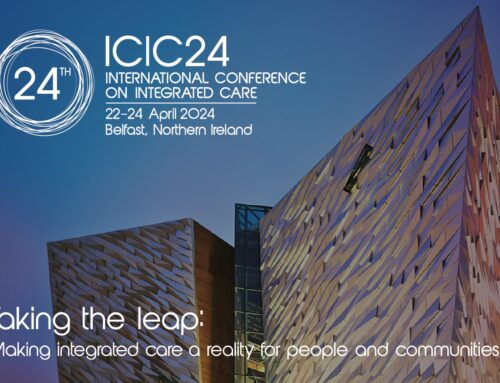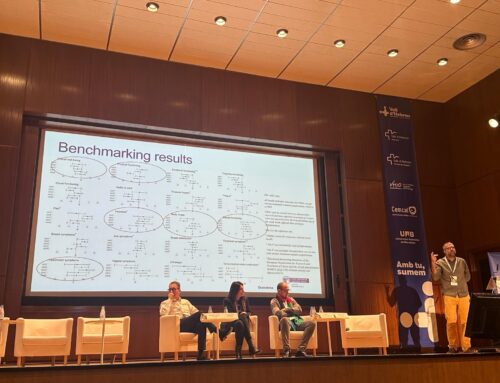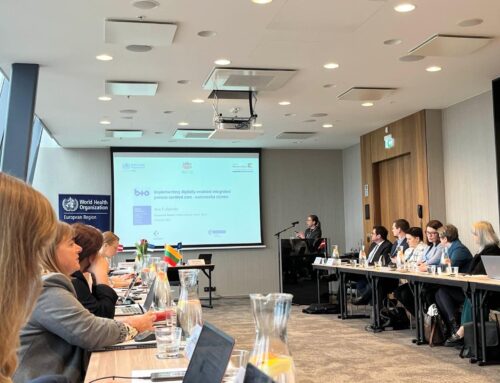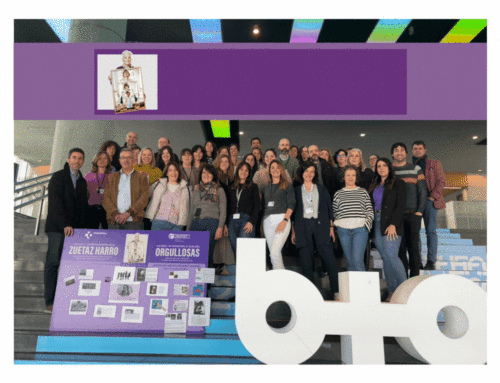During four years, Kronikgune will coordinate a consortium made up by 11 partners from nine European countries
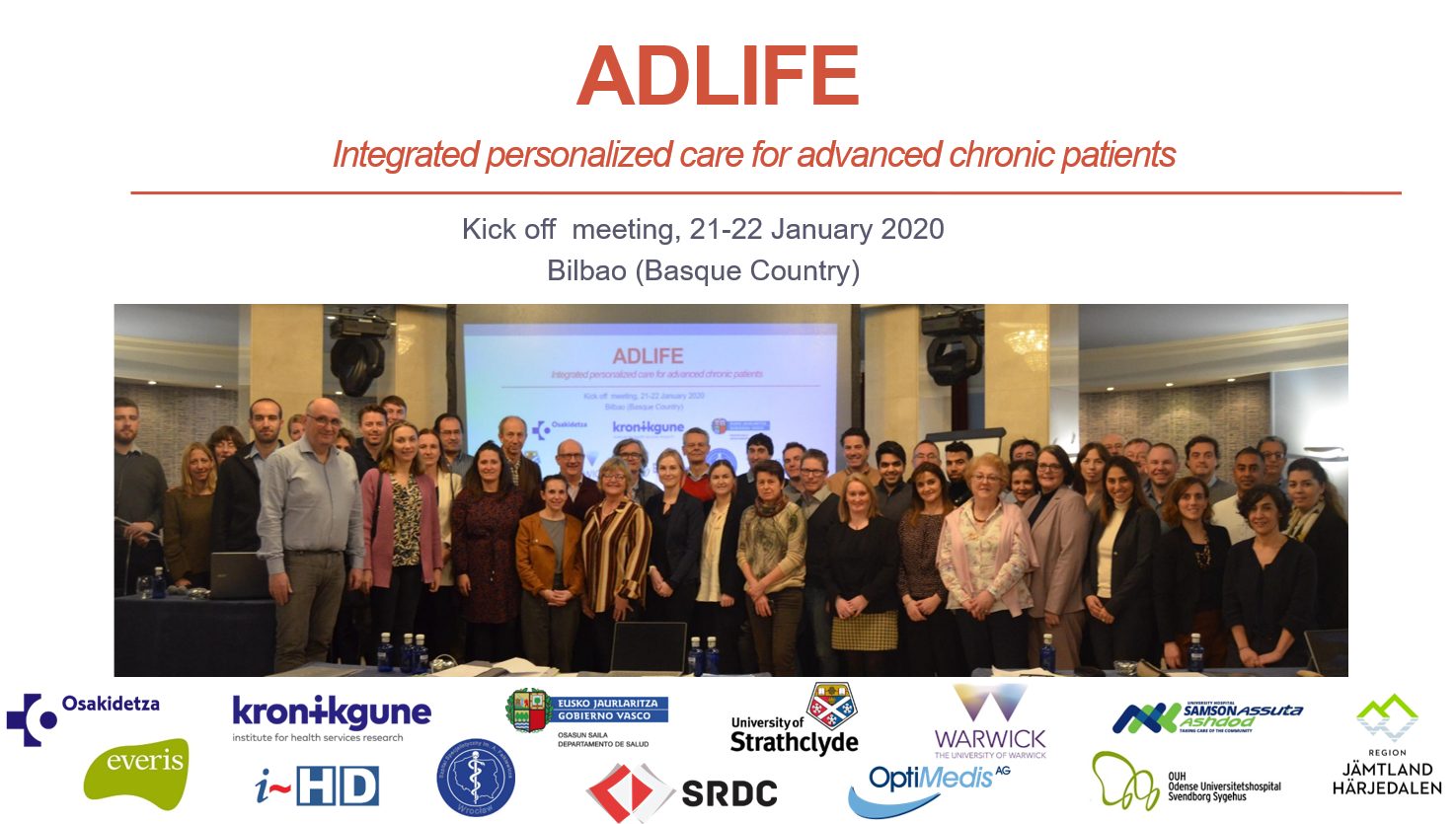 The project’s kick-off meeting was held in Bilbao on 21 and 22 January, with the presence of the Minister of Health of the Basque Government and the participation of over 40 researchers from 9 countries. Nekane Murga highlighted the efforts of the Basque Country in the field of health research and wanted to place value on this new project, which will enable the establishment of “new strategies for the assessment and early detection of diseases in the elderly population”. For years, the Basque Government has been strongly committed to active ageing with a strategy that focuses on people, their rights and their responsibilities, as an active part of society. In September 2019, these efforts were recognised by the European Commission through a Seal of Excellence for their innovative action in this area.
The project’s kick-off meeting was held in Bilbao on 21 and 22 January, with the presence of the Minister of Health of the Basque Government and the participation of over 40 researchers from 9 countries. Nekane Murga highlighted the efforts of the Basque Country in the field of health research and wanted to place value on this new project, which will enable the establishment of “new strategies for the assessment and early detection of diseases in the elderly population”. For years, the Basque Government has been strongly committed to active ageing with a strategy that focuses on people, their rights and their responsibilities, as an active part of society. In September 2019, these efforts were recognised by the European Commission through a Seal of Excellence for their innovative action in this area.
The life expectancy of people with chronic diseases has grown significantly in numerous countries due to the advances in medical sciences. Healthcare systems are facing challenges such as enabling patients to have the most independent life possible; providing support to caregivers, who suffer an increasing workload; and creating sustainable healthcare and social systems.
ADLIFE (Integrated personalized care for patients with advanced chronic diseases to improve health and quality of life) was created with the premise of facing these challenges, to support and improve the quality of life of the patients with advanced chronic diseases. Its main goal is to provide coordinated, anticipated and personalised integrated care to the elderly population with advanced chronic diseases. This project focuses on people over 55 years of age suffering from chronic, acute diseases and a potential reduction of their life expectancy due to a drop in their functionality and capacities.
ADLIFE will be deployed through pilot projects in seven countries and healthcare systems including the Basque Country (Osakidetza), United Kingdom (NHSL Lanarkshire), Denmark (Southern Denmark), Poland (FALKHOSP Lower Silesia), Germany (Werra-Meißner Kreis), RJH-Sweden (Region Jämtland Härjedalen) and Israel (Maccabi Healthcare Services). The participation of 600 health professionals from 75 hospitals, clinics and primary care services, over 800 patients and more than 1200 caregivers is expected.
During four years, the project will develop an innovative solution that will facilitate the customisation of the care plans and shall improve their capacity for a prompt and early detection of the shifting needs and preferences of this group of people. ADLIFE will offer support services for clinical decision-making that suggest treatments, enable the identification with increased precision of the symptoms and changing needs of the patients, and generate alarms for healthcare professionals. Similarly, it will also facilitate the provision of specific services that allow for higher participation levels of the patients in the management of their own health.
Furthermore, ADLIFE solutions shall include a platform for the management of Personalised Care Plans; support services for clinical decision-making; interoperability solutions; and a patient empowerment platform. The project will use personalised digital and support solutions developed within the H2020 European Projects C3-Cloud and Power2DM, which have been validated in real healthcare systems in different European Countries, including Osakidetza.
More information:

